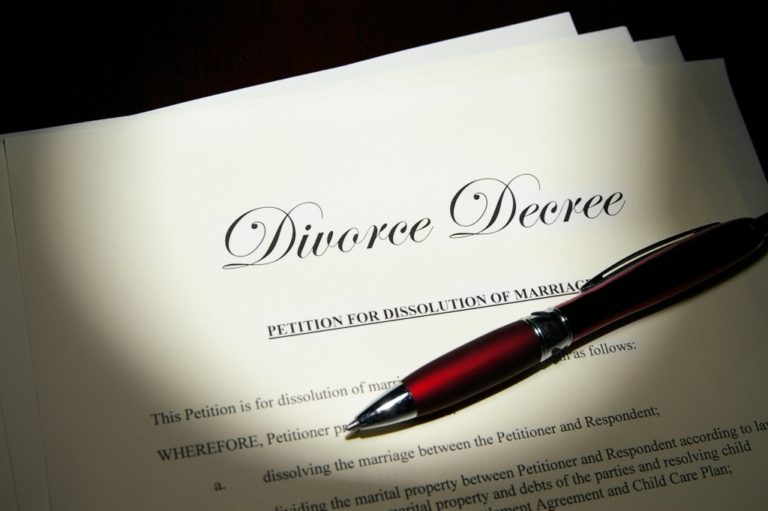No divorce process is easy for either party. Each of the couples has to face the uncertainty of how the future will be without their spouse. Their children also face the risk of living without the parent that loses custody of them. It is not any easier either for the attorney that is handling the legal matters of the divorce process. He or she will require listening to what both of you have to say and need from the divorce and find the best way out for you. Your attorney is also to factor in the emotional aspect of divorces while following the law to the letter.
Nonetheless, if you are pushing to see your divorce succeed, none of these bottlenecks matter to you. Most times, clients want results, and you want that in the least possible time, notes a property settlement attorney in Provo, Utah.
Addressing Equitable Distribution
One of the areas that you would want to enjoy fair hearing is in the equitable distribution of the property that you had gathered in your marriage. The property settlement lawyer can help you mediate for this. But, it is crucial that you confirm whether your state supports equitable distribution. Your attorney can, with that basis, help you both to settle property distribution in such a manner that satisfies you and your spouse. The attorney will also have the legal basis to apply additional processes to prepare you for your life after the divorce.
Take time to study previous divorce cases. You will learn that the equitable distribution process can be straightforward or contentious. Typically, that depends on the value of the assets that you are contending for and how much you had invested emotionally into each other.

The Place of the Court
In most cases, the court will have to rule against some of the issues that you are pushing your attorney to address. That is especially so if, by doing so, you deny your spouse his/her right to property that is legally theirs. The court will first need to consider any mitigating factors affecting property distribution. One of the most practical of these ways is by defining the property that falls under marital assets.
Understanding Marital Assets
These are any property that either you or your spouse acquired during your marriage. Typically, who acquired which assets is not a factor as any property that you earned during your marriage legally belongs to you both. There are exceptions, though. But, the court will classify 401K, IRA, bonus income and stock as marital assets. Others include furniture, jewelry and collectibles, and homes and vehicles.
Conclusion: How Equal is Equitable Distribution?
Equitable distribution of property does not mean that each of you will get an equal share of the assets. Instead, the court will determine the best way that the distribution will be fair to both of you. Every marriage is unique in commitment and structure, and so is every divorce, notes a divorce family lawyer in Provo, Utah. The judge will need to consider various factors unique to your divorce to determine how fair should be the distribution. But still, your attorney can push for more equitable distribution. Therefore, choose your property settlement lawyer wisely.







